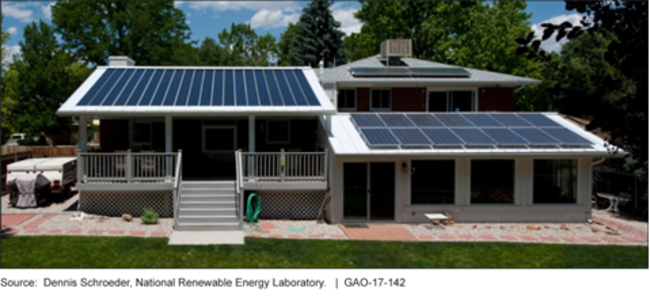
As an op-ed writer, I’m a slave to the news cycle. That means that whenever one or more mass shootings heat up the topic of “gun control,” I tend to weigh in. And my usual take these days, as opposed to arguing about the Second Amendment, etc., is to simply note that a significant percentage of the more than 100 million Americans who own more than 400 million guns would just say “no” to giving up those guns, and make their “no” vote stick.
The usual retort to that position is pretty simple, and best summed up by a reply op-ed from Rob Kall, publisher of OpEdNews.com.
Disclaimer: Rob often disagrees with me. Rob also publishes most of my columns whether he agrees with them or not. I love Rob and I love OpEdNews, and urge you to check it out. This column is NOT intended as a slam on Rob or on the site. But since it gives me material to work with:
“If, as Knapp appears to predict, people decide to break the law, and use their weapons to fight police, then they are terrorists and they should be arrested or killed. … If they resist, arrest them. If they shoot, give them a chance to surrender, then blow up their homes. Have the military do it with a missile fired by a fighter jet or helicopter. It won’t take many houses being blown up to persuade people to give up their AR-15s and related weapons.”
A related observation from Twitter user AbiSpeaks:
“[T]he Federal government can obliterate your entire block. Even if you buy the killingest killing machine you can find anywhere, you’re bringing a water gun to a tanks-and-laser-sighted-bombs fight.”
“The federal government was able to obliterate entire blocks in Afghanistan, but that didn’t stop them from getting their asses kicked by farmers with 60-year-old AKs and 100-year-old Mosin-Nagants.”
Don’t get me wrong. I don’t think a government war on America’s gun owners would be anything like Afghanistan.
I think it would be far worse, for both the government and for Americans, gun owners and non-gun-owners alike.
Only 2,448 members of the US armed forces died in Afghanistan. The approach Rob suggests would likely produce at least Vietnam-level casualties (58,281 dead) … and an outcome similar to both those wars.
“Enemy” and civilian casualties were much higher than US military casualties in both wars. And that would likely be true of this one as well.
I have difficulty believing that Rob, and people who think like Rob, would be happy with tens of thousands of American cops and soldiers, and hundreds of thousands of American civilians, dead — and at the end of the carnage, more guns on the streets than before.
I prefer to believe that Rob, and people who think like Rob, just haven’t thought this through very carefully.
Because, make no mistake about this, what Rob is calling for is civil war.
I hope we can all agree that that would be a bad thing.
Thomas L. Knapp (Twitter: @thomaslknapp) is director and senior news analyst at the William Lloyd Garrison Center for Libertarian Advocacy Journalism (thegarrisoncenter.org). He lives and works in north central Florida.
PUBLICATION/CITATION HISTORY


